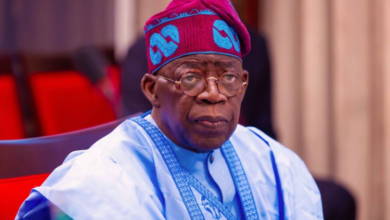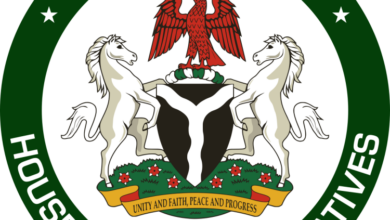World Bank Approves Extension Of Nigeria’s Digital ID Initiative

The World Bank has approved a two-year extension of Nigeria’s Digital Identity for Development project, extending the deadline from December 31, 2024, to December 31, 2026.
This follows a request by the Nigerian government in May for a three-year extension, which was subsequently approved by the World Bank.
The extension provides additional time for Nigeria to meet its revised target of issuing 180 million National Identification Numbers.
In its latest document detailing the restructuring of the project, the World Bank acknowledged that Nigeria had made significant progress in its digital identity efforts, despite missing the initial target of 148 million NINs by June 2024.
The extension, which includes a 24-month timeline, aims to allow for the completion of essential activities and to ensure the achievement of the project’s objectives.
“The government has successfully achieved this milestone, and, on this basis, the second stage extension for an additional 24 months is being proposed to allow for the completion of the remaining critical activities and the achievement of the project development objectives,” the World Bank said.
It added, “The proposed restructuring would extend the closing date from December 31, 2024, to December 31, 2026.”
As of October 2024, the National Identity Management Commission reported that it had issued NINs to 115 million Nigerian citizens and legal residents.
However, a considerable gap remains, particularly among women, persons with disabilities, and disadvantaged groups, many of whom still lack digital identification.
This gap prevents these individuals from accessing critical government services, participating in the digital economy, and benefiting from financial inclusion.
The bank emphasised that the project has already made strides in closing this gap through targeted enrollment efforts aimed at vulnerable populations.
With the revised target of 180 million NINs, the ID4D project is poised to provide more Nigerians with the opportunity to leverage digital identification for greater economic inclusion and prosperity.
The total financing for the project amounts to $430 million, with contributions of $115m from the World Bank’s IDA, $100m from the French Development Agency, and $215m from the European Investment Bank.
According to the Bank, 53.16 per cent of the funds have been disbursed so far.
It also highlighted that Nigeria has made significant progress in meeting the final condition for disbursement, which involves amending the NIMC Act to establish a more inclusive and non-discriminatory legal and regulatory framework.
The Bank noted that the proposed amendment has already passed two readings in the National Assembly.
The third and final reading is expected in January 2025, with the President set to sign the Bill into law in February 2025.





